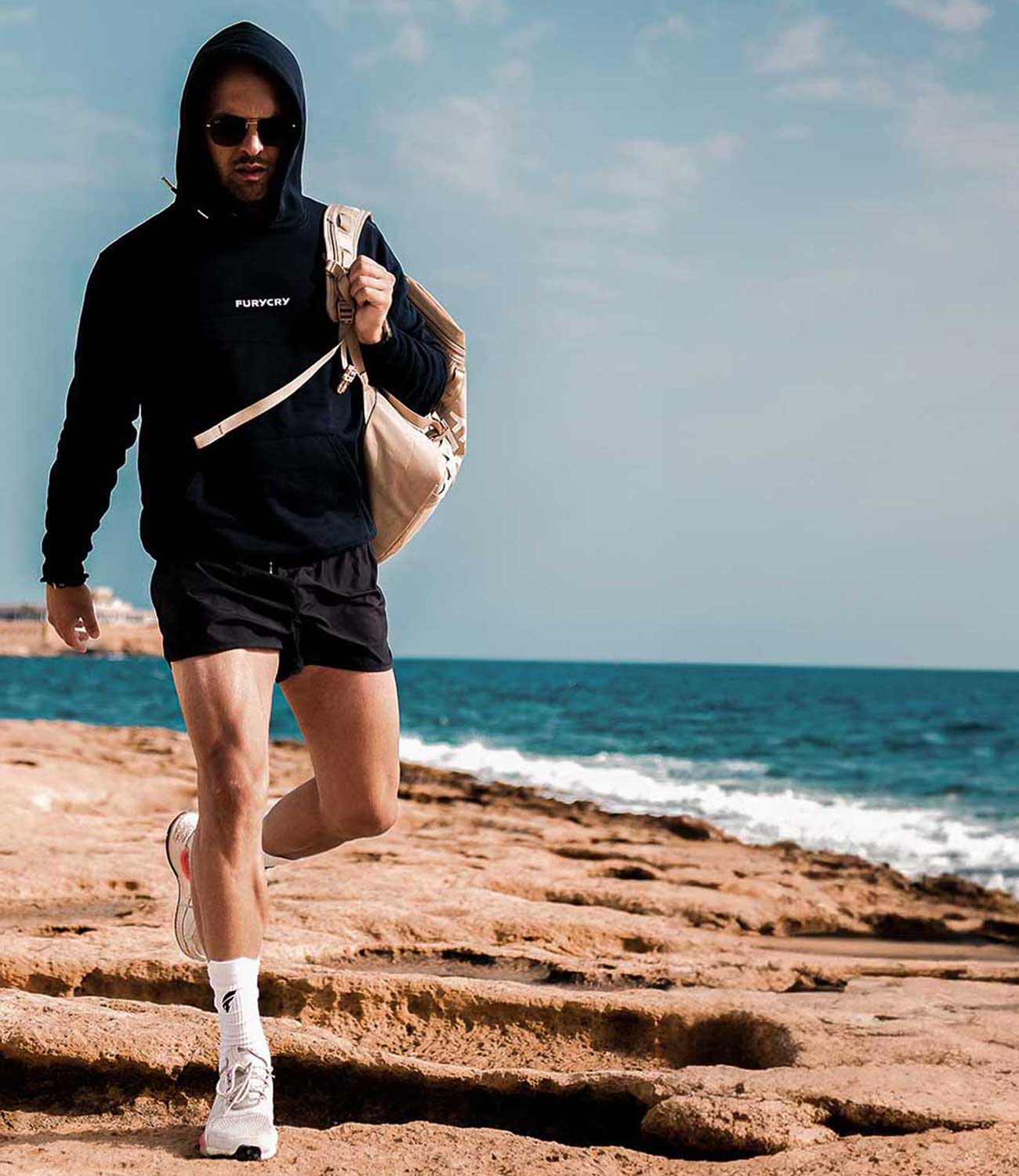American Eagle Outfitters, the classic American denim brand, has pulled off one of the most talked-about marketing moves of the year by teaming up with actress Sydney Sweeney. Known for her breakout roles in Euphoria and Anyone But You, Sweeney represents the kind of confident, unapologetically feminine energy that resonates across generations. In a time when many brands drown in politics and performative messaging, American Eagle went a different route — and it paid off. Big time.
The campaign, cheekily titled “Sydney Sweeney Has Great Jeans,” plays on the double meaning of “jeans” and “genes.” It’s stylish, nostalgic, and refreshingly free from forced narratives. The result? A viral hit that smashed expectations — and gave woke marketing a serious reality check.
What the Ad Is About: Clever Wordplay, Classic Aesthetic
In the core video, Sydney Sweeney appears in American Eagle denim, casually explaining that "genes are passed down from your parents", then breaking the fourth wall with a wink: "My genes are blue.” The camera zooms out to show her denim, and then she quips, “Hey, my eyes are up here!” The visual joke is clear — yes, she looks great, but she’s in on it. It's sexy, but smart.
Puedes mirar los jeans de Sidney Sweeney sin mirarle las tetas 😍 pic.twitter.com/m3Ajakk00q
— javier (@mrdtrumph) July 24, 2025
Who’s Mad? The Usual Suspects Cry “Problematic”
Unsurprisingly, the outrage machine kicked in fast. On TikTok, Instagram, and Reddit, the woke outrage brigade accused the campaign of everything from “eugenic undertones” to “racially coded messaging.” Why? Because Sydney Sweeney is white, blonde, and blue-eyed — and the phrase “great genes” triggered associations with Nazi propaganda for some especially online critics.
One user commented, “This gives 1930s Germany vibes,” while others called the imagery “subtle fascism” and “deeply problematic.” Some even suggested that American Eagle didn’t have enough diversity on their marketing team — as if including a traditionally attractive woman in a denim ad was somehow a human rights violation.
Even Sweeney herself took heat. Woke critics accused her of “objectifying herself” and “upholding patriarchal standards” by participating in a campaign that, god forbid, shows her looking confident and hot. Ironically, the same people who shout “women’s empowerment” were the first to tear her down.
And Yet… Massive Success. Because Real People Aren’t Mad
While Twitter lit its hair on fire, American Eagle’s stock jumped more than 10%, adding over $400 million in value. The campaign sparked meme waves, hit Reddit's front page, and was praised across fashion and pop culture blogs for its authentic, throwback charm.
The key difference? Real people loved it. Fans defended the wordplay: “She has great genes because she’s beautiful, not because she’s white — relax.” Others noted the obvious — if Rihanna had made the same joke, the internet would’ve cheered. The campaign resonated because it felt unforced and fun, something sorely missing in today’s try-hard ad world.
Instead of shoving political agendas into skinny jeans, American Eagle focused on good branding, nostalgic vibes, and a confident spokesperson. That’s it. And guess what? It worked. No virtue signaling, no cancel-proof disclaimers. Just denim, charm, and confidence.
Compare That to Jaguar and Disney: Woke Marketing Gone Sideways
This campaign stands in stark contrast to recent disasters from brands that chased wokeness — and got burned.
Take Jaguar, the iconic British carmaker. Its recent rebranding campaign featured gender-fluid models, neon lighting, and a complete removal of actual vehicles from the ad. One male model wore a dress, while slogans like “Copy Nothing” and “Delete Ordinary” tried to sound rebellious — but came across as hollow. Social media ripped the campaign apart: “Where are the cars?” was a recurring comment. Even Elon Musk mocked it. What was meant to signal bold progressiveness became a punchline.
Or look at Disney. In its attempt to "correct" its image, the studio has retooled classic characters and leaned heavily into gender and race narratives. The result? A billion-dollar loss across four consecutive movie releases. Even once-unshakable brands like Marvel have suffered. Films like The Marvels failed to break even — a first for the franchise. Investors, fans, and critics alike have noted the growing disconnect between Disney’s political posture and what audiences actually want: storytelling, not social lectures.
These companies chased cultural clout — and lost brand equity in the process.
Advertising Is Not a Moral Obligation — It’s a Creative Choice
Here’s the truth: Not every brand needs to be a social movement. Marketing is a creative discipline, not a political manifesto. Brands should be free to advertise how they see fit — whether that means showing a plus-size, queer, vegan activist, or a fit, blonde actress in vintage jeans.
The backlash to Sydney Sweeney’s campaign exposes a deeper double standard: The same people who demand diversity, empowerment, and representation turn hostile when a woman they don’t approve of gets the spotlight. Isn’t that discrimination too?
Sweeney is not a passive object — she’s a successful actress, a producer, and a brand in her own right. To reduce her to just “another blonde in denim” is patronizing and ironically anti-feminist. She chose to do this campaign. She knew what she was doing. And she owned it.
What American Eagle has proven is that authenticity beats agenda. Consumers are tired of lectures. They want style, they want fun, and — yes — they want campaigns that make them feel something instead of teach something. The fact that this campaign thrived while others flopped speaks volumes.
In 2025, the boldest marketing move might just be to ignore the noise. And for that, American Eagle — and Sydney Sweeney — deserve real credit. They didn’t chase clout. They chased character. And they won.






Leave a comment
This site is protected by hCaptcha and the hCaptcha Privacy Policy and Terms of Service apply.